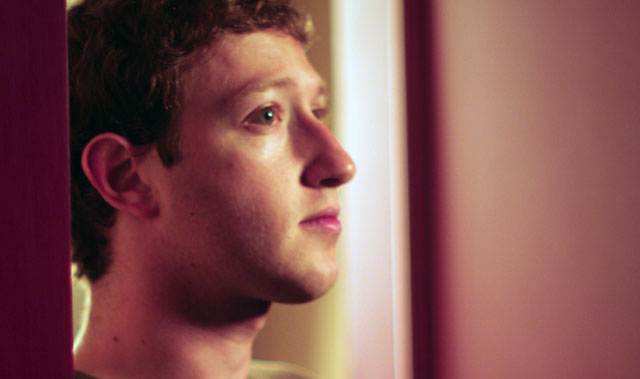
To achieve the deepest, darkest dreams of Mark Zuckerberg, the company
must become the first one that dominates both the kind of precision ads
that built Google and the emotional ads that made TV the world's
dominant marketing force.
Facebook collects less than the 5% of the US$500bn spent on
advertising each year. To achieve the deepest, darkest dreams of Mark
Zuckerberg, the company must become the first one that dominates both
the kind of precision ads that built Google and the emotional ads that
made TV the world’s dominant marketing force.
Facebook has so far cracked the first half of that equation,
following in the footsteps of Google by locking down what’s called
“direct response” advertising. If I own a store in Brooklyn that sells
running shoes, I naturally want to find people who are in the market for
what I’m selling. If someone types “running shoes Brooklyn” into
Google, the company has a pretty good clue that is a person I want. My
store can pay to show a link to my website to this probable Brooklyn
runner.
Largely because Google became an efficient way for many businesses to
find people who are looking for exactly what the businesses are
selling, direct response ads make up the majority of online advertising.
Facebook is pretty good at this type of advertising, too, again because
we tell Facebook who we are and what we like.
But dominating direct response ads with Google isn’t enough for
Facebook. About $200bn is spent each year on TV commercials, mostly on
direct response’s handsome brother, branded advertising. Brand ads are
those TV commercials of a smiling couple driving an Audi through a snowy
mountain range. The next time we go car shopping, Audi wants us to have
this innate feeling that its vehicles will make us happy and beautiful.
Away from the Internet, brand ads make up a majority of advertising.
And they’re lucrative. The average cost to reach a thousand people with a
prime-time TV ad was $50 in 2015, according to a Bloomberg Intelligence
analysis. The comparable ad price on Facebook was $5.
Facebook wants these pricey brand ads desperately. Facebook’s Sheryl
Sandberg is fond of saying that for advertisers and their $500bn
budgets, the social network is like the Super Bowl every night. She’s
wrong. Facebook is way bigger than the Super Bowl. More than 1,1bn
people use Facebook daily. About 110m people watch the Super Bowl
telecast.
Sandberg’s pitch is about convincing advertisers to think of Facebook
as a place that is even bigger than TV’s biggest stage but with the
stockpile of personal information to target ads only to people who are
most likely to buy an Audi. In Facebook’s view, it is the best of
Google’s bloodlessly efficient direct response advertising with the mass
reach and charm of TV commercials.
No comments:
Post a Comment